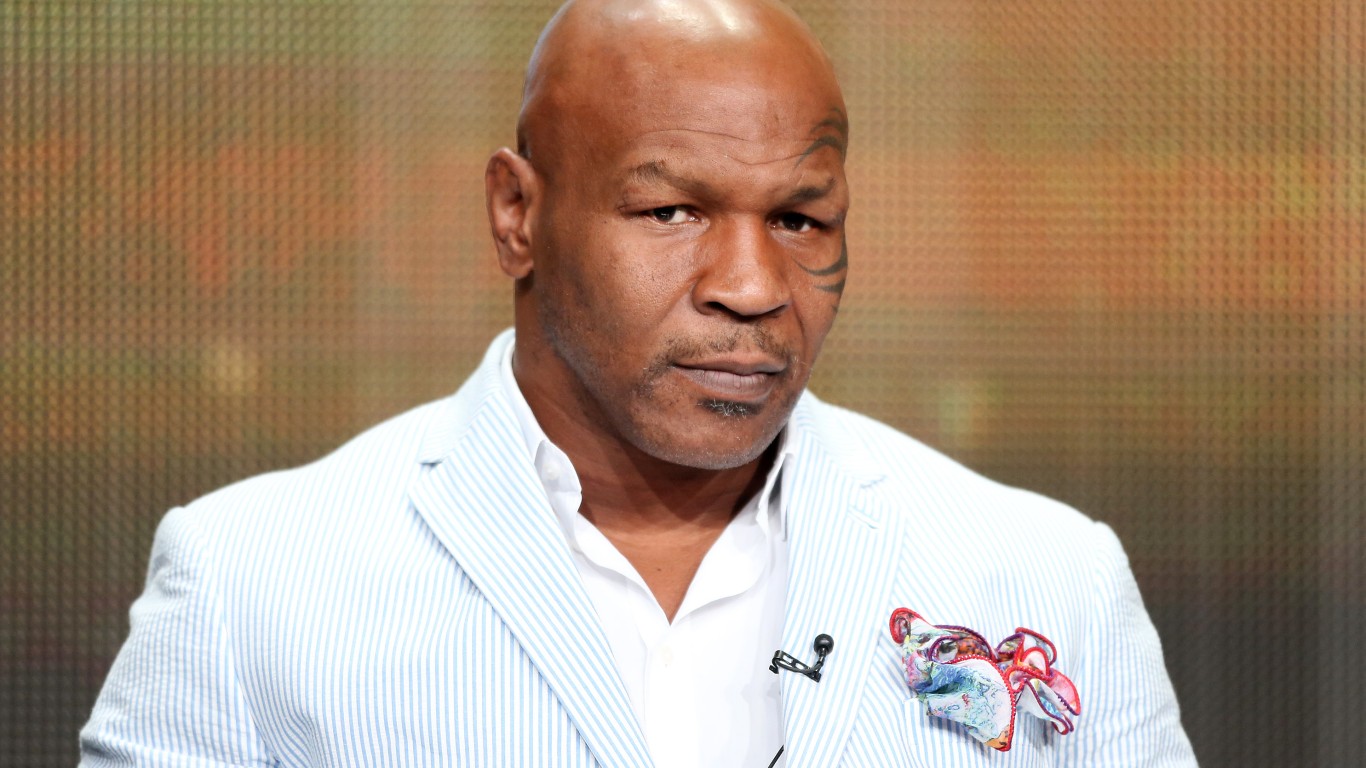
As lies go, “we don’t comment about mergers and acquisitions” may not equal “I’ll respect you in the morning” but it’s awfully close. The truth is that companies, their investment bankers and other players talk to the media all the time, albeit in a sneaky and underhanded way. This week’s rumored merger between AOL Inc. (NYSE: AOL) and Yahoo Inc. (NASDAQ: YHOO) is a case in point.
Merger stories oftentimes are part of a well-orchestrated campaign run by a small group of public relations firms hired by the deal’s participants. Investment bankers also get the word out through their contacts in the business media, occasionally going behind their client’s backs. The negotiations involved in these stories can be as simple as holding the news until an agreed upon time, usually on a Sunday, or as complicated as bringing peace to the Middle East. No one is ever quoted on the record.
But the October 13 Wall Street Journal story about the AOL-Yahoo, which first broke the news was unusual . It was like an episode of “Seinfeld” because it was about “nothing.” Let’s consider the first few paragraphs:
AOL Inc. and several private-equity firms are exploring making an offer to buy Yahoo Inc., according to people familiar with the matter, devising a bold plan to marry two big Internet brand facing steep challenges.
Silver Lake Partners and Blackstone Group LP are among the firms that have expressed interest in teaming up with AOL to buy Yahoo or trying to take it private on their own, these people said. They added that at least two or three other firms could be interested in participating if a formal buyout proposal is drawn up.
The people familiar with the matter cautioned that these discussions—involving private-equity firms, AOL executives and financial advisers—are preliminary and don’t yet involve Yahoo. The conversations may not lead to an approach given the complexities in structuring a proposal, the people said.
These paragraphs are filled with all the hallmarks of a story that was either leaked or done with the secret tacit approval of its subjects. First there is the phrase “exploring making an offer.” This is the type of vague language leakers insist that reporters include in their stories because it sounds authoritative but really means nothing. It gives the firms involved in the deal plausible deniability if nothing happens. Bankers and private equity players devise many deals that fall apart for one reason or another. CEOs get these pitches all the time. Even Apple Inc. (NASDAQ: AAPL) CEO Steve Jobs has probably gotten offers to take his company private which he has ignored.
Leakers usually insist that reporters include a disclaimer that the talks are preliminary and could fall apart. But the AOL-Yahoo story included the additional warning that the dealmakers were concerned that the deal would be too complicated to pull off — no kidding — and had not even approached Yahoo!. So if nothing is really going on, why did the story appear? There are several possibilities.
The dealmakers are attempting to do an extremely complicated and controversial deal. Perhaps one of the firms was dragging its feet and its allies wanted to give it a nudge. Maybe AOL wanted to see how much grief it would get from a tie-up with Yahoo! Of course, it got a ton. The deal has been savaged up and down the Internet. As Andrew Sorkin wrote in the New York Times, “A deal is not happening anytime soon. The trial balloon in the media is coming from a handful of bankers and investors who have tried to gin up interest in a deal for months.”
That point was never made in the original Journal story, which focused too much on the mechanics of the deal and not enough on the practicality of it. Perhaps the Journal reporters chose to ignore that the “rumor” was old as a favor to the leakers. Reporters are tempted to downplay or omit information on the downside of the scoops they are handed because they want to be privy to other exclusive stories.
Earlier this year, the media crowned actor William Shatner a billionaire after a Canadian newspaper reported without any proof that the captain of the Starship Enterprise was fabulously wealthy thanks to a prescient investment in the stock of Priceline.com Inc. (NASDAQ: PCLN). The rumor spread like wildfire until Shatner was forced to deny it publicly.
Shatner, Priceline’s spokesman for years, was a “billionaire” for a few days because it was such a good story that people wanted to believe it. Merging AOL and Yahoo! was such a bad idea that the original story was discredited about 24 hours after it appeared because the flaws in the deal were so obvious.
Unfortunately, readers will see more stories like the supposed AOL-Yahoo merger because the hyper-competitive 24 hour news cycle has made scoops harder to get. Leakers know that the media outlets are desperate to distinguish themselves and pressure reporters into accepting their spin on the news. It may be a win-win for leakers and reporters but the public winds up being the ultimate loser.
–Jonathan Berr — Berr contributes to AOL’s DailyFinance website
Cash Back Credit Cards Have Never Been This Good
Credit card companies are at war, handing out free rewards and benefits to win the best customers. A good cash back card can be worth thousands of dollars a year in free money, not to mention other perks like travel, insurance, and access to fancy lounges. See our top picks for the best credit cards today. You won’t want to miss some of these offers.
Flywheel Publishing has partnered with CardRatings for our coverage of credit card products. Flywheel Publishing and CardRatings may receive a commission from card issuers.
Thank you for reading! Have some feedback for us?
Contact the 24/7 Wall St. editorial team.

